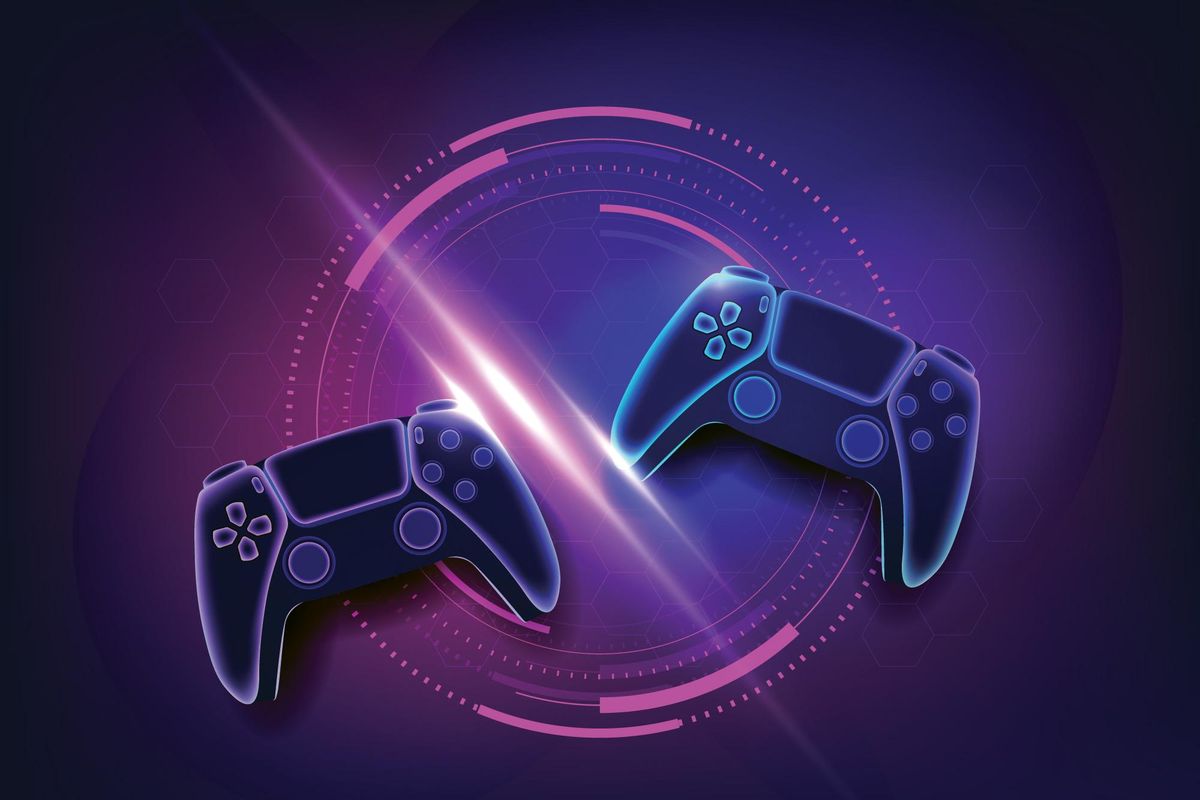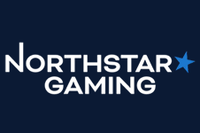Gaming Market 2022 Year-End Review
The gaming market saw critical changes in 2022, even as numbers continued to adjust from the highs seen early in the pandemic.

The video game investment storyline struggled in 2022 as expectations for the market continued to adjust following the incredible highs seen early in the pandemic.
But while the world of video games has taken an unpredictable path in the past few years, experts told the Investing News Network (INN) it's not time to let disappointment settle in.
Read on to see what industry insiders think about the key gaming events seen in 2022.
Hype for NFTs in gaming crashes, at least for now
Entering 2022, it seemed as though Web3 integrations, such as non-fungible tokens (NFTs), cryptocurrency-based games and even metaverse usability, were set to take over the video game industry.
This idea was based on how gamers have been conditioned to understand microtransactions and in-game digital assets.
The trend garnered interest from both smaller developers already on the frontier of Web3 opportunities in gaming, as well as some of the biggest brands in video games, including Ubisoft Entertainment (EPA:UBI) and Square Enix Holdings (TSE:9684).
However, gaming companies large and small encountered a less-than-friendly mainstream consumer market — gamers showed little patience for additional pricing models on top of what they already face on a day-to-day basis.
Several mainstream video game projects attempting to integrate NFTs and blockchain options faced severe backlash from players. Ultimately, the result was that most video game companies walked back their immediate interest in NFTs.
Also facing troubles was Meta Platforms (NASDAQ:META), the parent company of Facebook, which pivoted toward a new metaverse strategy about a year ago. According to Purpose Investments Portfolio Manager Nick Mersch, Meta struggled mightily in 2022 based on its inability to collect advanced data from users — this was the result of Apple’s (NASDAQ:AAPL) policy rule allowing iPhone users to change their privacy settings for data-collecting apps.
Meta's approach also included a push for the adoption of its Meta Quest VR goggles for gaming, but a report from CNBC shows sales of VR headsets shrank 2 percent in the US compared to 2021, hitting US$1.1 billion in 2022.
“Add in overspending on the VR/metaverse opportunity, and you’ve got an incredibly difficult year for Meta,” he wrote.
With all of that said, it’s clear Web3 opportunities aren’t done yet in mainstream video games. While these trends have so far failed to catch on significantly, there will surely be more attempts in the future.
Will Microsoft's Activision acquisition go through?
The year started with several gigantic acquisitions in the video game industry that significantly changed its landscape.
None were more significant than Microsoft’s (NASDAQ:MSFT) US$69 billion deal for Activision Blizzard (NASDAQ:ATVI). While the transaction has not closed yet, it has certainly created a legacy of headlines and heated conversations.
“The question will be if regulators allow it to go through,” Raj Lala, president and CEO of Evolve Funds, told INN.
Just before the end of the year, the US Federal Trade Commission announced it would take Microsoft to court to challenge the deal for anti-trust regulation. The corporate lawsuit capped off a year of tense discussions surrounding the deal's impact.
Chief among the detractors of the gigantic acquisition is Sony (NYSE:SONY), Microsoft’s console gaming competitor. The Japanese company’s gaming division and its executive leader, Jim Ryan, have spent plenty of time slamming the deal.
Debate centers on what will happen to some of the biggest franchises owned by Activision, such as the massively popular shooter series Call of Duty, following the potential Microsoft acquisition.
Sony has pointed out that if the purchase goes through, it will no longer be able to release key Activision games on its PlayStation console; however, Microsoft has countered that its Xbox console has a smaller share of the market than Sony's PlayStation, meaning Sony would face limited downside.
As debate continues about the validity of the deal, investors will be watching which direction the courts go in the new year.
What are the strongest international markets for gaming?
As per usual, while the mainstream storylines in gaming are focused on consoles and computers, mobile gaming continues to represent the market's biggest area of growth, especially in international markets.
According to gaming research firm Niko Partners, the number of gamers in markets like India is only increasing.
Lisa Hanson, president of Niko Partners, said India is quickly becoming “one of the most important markets that we track,” thanks to the quick rise of its user base. “India’s nearly 400 million gamers account for over half of the 788 million gamers in Asia-10 and are a formidable force to be understood and served by developers and publishers,” she added.
However, China, another staggering market for the mobile gaming space, is facing its first revenue decline in 20 years.
Niko Partners projects that revenue from the mainland Chinese gaming market will drop by 2.5 percent year-on-year in 2022 to US$45.44 billion. This forecast includes both mobile and PC gaming.
Moving forward, the firm is expecting improvement with a CAGR of 2.6 percent in the 2021 to 2026 period.
“We observe momentum in the economy, esports, PC gaming, and enthusiasm among China’s 700 million+ gamers,” the president of Niko Partners said.
Investor takeaway
The gaming industry has been elevated over the years to become a leading entertainment industry and a major engine in the overall tech sector. While the market has come down from its pandemic highs, the future looks bright.
“Gaming has become a key growth engine for big tech companies,” Lala told INN.
Don’t forget to follow us @INN_Technology for real-time news updates!
Securities Disclosure: I, Bryan Mc Govern, hold no direct investment interest in any company mentioned in this article.
Editorial Disclosure: The Investing News Network does not guarantee the accuracy or thoroughness of the information reported in the interviews it conducts. The opinions expressed in these interviews do not reflect the opinions of the Investing News Network and do not constitute investment advice. All readers are encouraged to perform their own due diligence.

